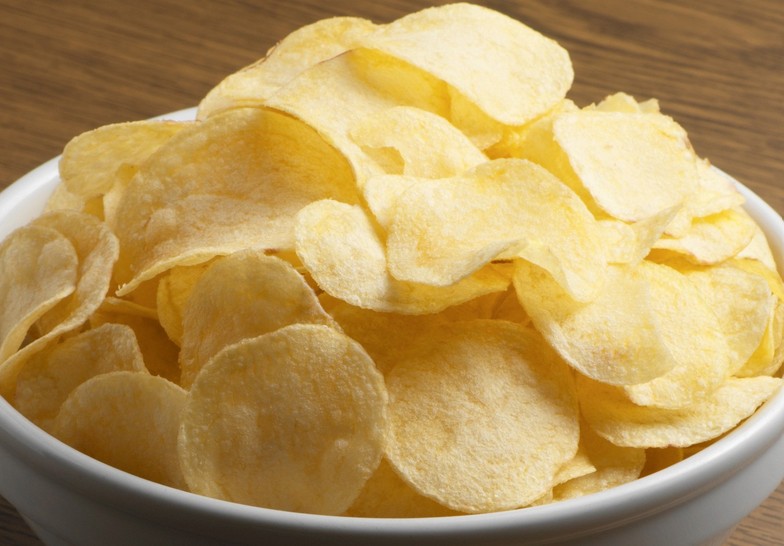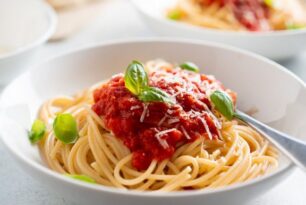It usually starts quietly. You’re not hungry, exactly. You’re just… in the kitchen. Or scrolling. Or tired. Or bored. And suddenly, your hand reaches for something — a bag of chips, a cookie, something crunchy or creamy or sweet. You’re snacking.
Again.
You tell yourself it’s just a little something. A break. A treat. A moment of comfort between the noise. And maybe it is. But by the end of the day, you realize you’ve been snacking almost all day long — a handful here, a bite there, grazing through hours without quite knowing why.
So, why do we snack?
The answer, like most things related to food and feelings, isn’t simple. We snack because we’re tired. Because we’re stressed. Because we’re multitasking and meals feel like too much work. We snack because we’re sad, or overstimulated, or underfed from that rushed breakfast six hours ago. We snack because it’s easy, fast, and there — a granola bar in the drawer, a vending machine down the hall, a snack-size feeling of control.
But mostly, we snack because life moves quickly and food has become less about hunger and more about filling in the gaps — of time, of emotion, of energy. Snacking has become a lifestyle, not a bridge between meals.
And when we snack, we often reach for junk. Not because we lack discipline, but because those foods are designed to be irresistible. Salt, sugar, and fat in just the right combination to bypass logic and go straight to the pleasure centers of the brain. That neon orange cheese dust wasn’t an accident. That cookie’s soft chewiness? Engineered.
Junk food doesn’t judge, doesn’t require a plate or a plan. It’s marketed to soothe and stimulate. It gives you a little dopamine hit, and for a moment, it works. But it doesn’t satisfy. Not really. So we go back for more — chasing fullness that never quite lands.
So how do we break the snack habit?
Not by going cold turkey. The first step is simply noticing. Noticing when you snack, what you’re reaching for, and—most importantly—what you’re actually feeling in that moment. Are you bored? Overwhelmed? Procrastinating? Underfed?
Sometimes breaking the snack cycle means eating more intentionally, not less. Real meals. With enough protein, fiber, and healthy fats to carry you. Sit-down moments instead of grab-and-go improvisations. When your body feels nourished, the urgent pull of snack cravings often softens.
Other times, it’s about changing the cue-response loop. If you always snack when you’re bored, what else can fill that space? A walk? A stretch? Music? A glass of water and a deep breath? These swaps won’t always work — but they open a small window between urge and action, and sometimes that’s enough.
We don’t break habits by punishing ourselves. We break them by getting to know them. By feeding our bodies well. By slowing down long enough to ask: what do I really need right now?
And sometimes, the answer isn’t food.
But when it is, let it be a choice — not a reflex.




